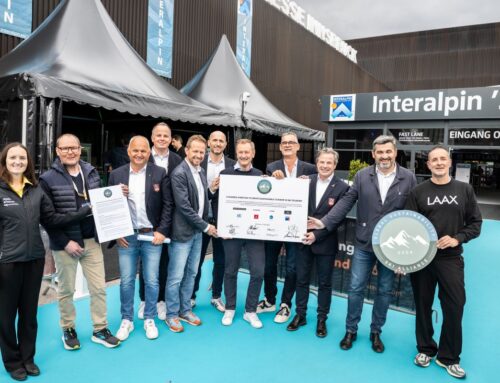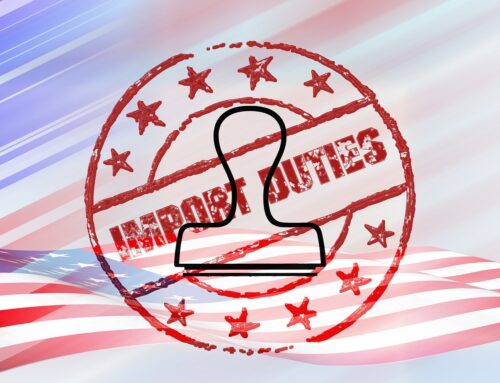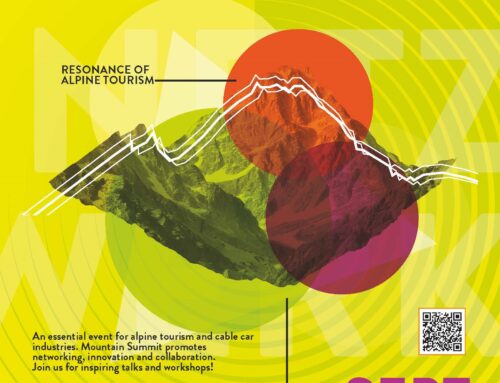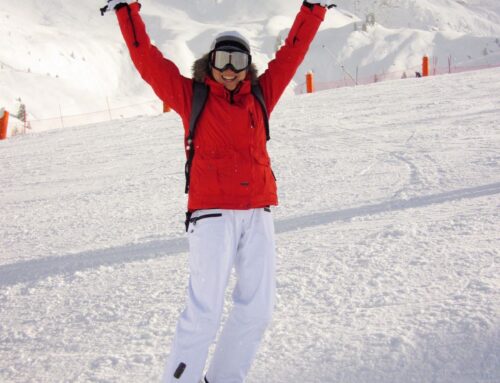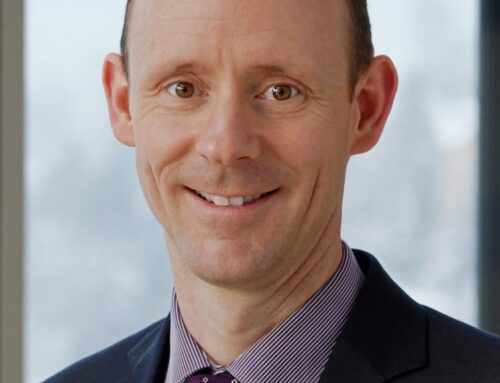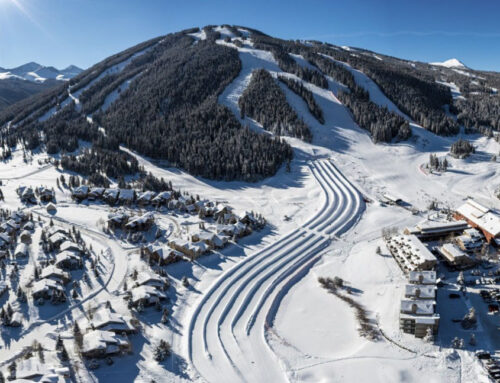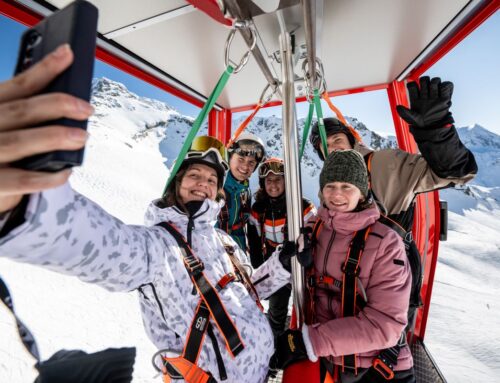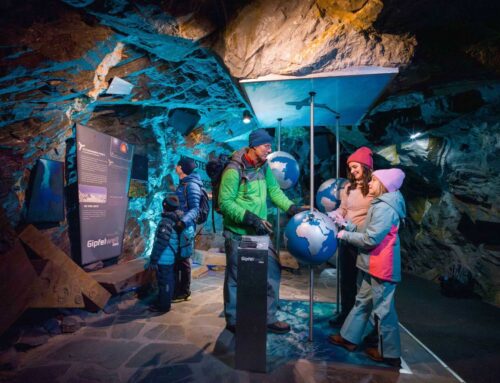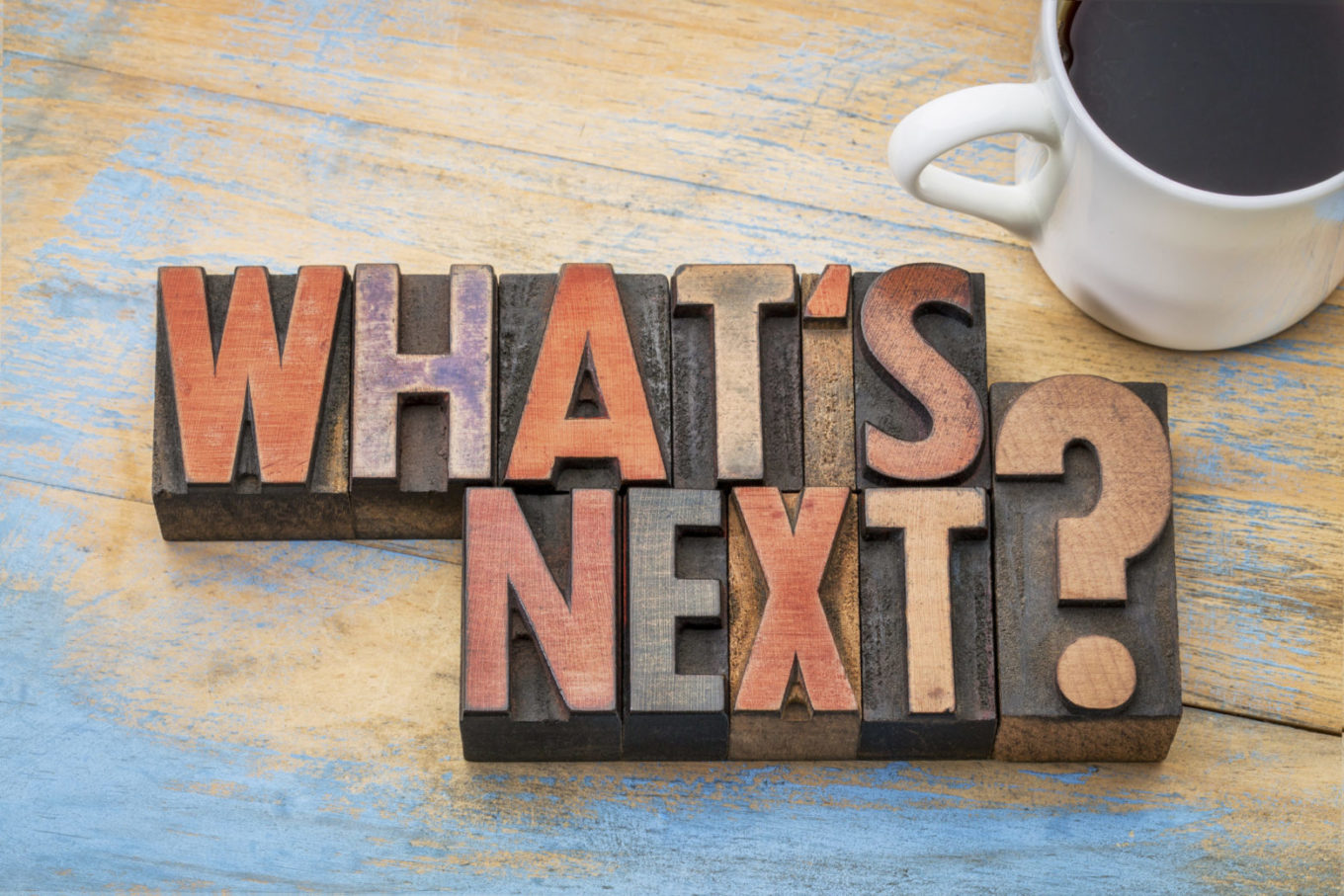
Management & Tourism, SI-Alpin
Vaccinate, test, travel – this is how 2021 will look
For futurologist Andreas Reiter, 2021 can be divided into four sections. He refers to the first, which describes the present situation, as a difficult mixed situation.
1. Difficult mixed situation
Reduced vaccination speeds, suddenly emerging mutations and continual shifts between opening, partial lockdown and full lockdown are producing a constantly changing situation that is difficult to assess in many countries.
In Europe especially, the necessary testing is also increasing, which represents a further change to everyday life. This “on/off” switching between restrictions and relaxation is tiring both for the population and for the economy. Many businesses are therefore going simply by what they can see; they are adapting only to the current situation. Companies that are able to think ahead and act with foresight here can now gain a huge competitive edge.
2. freezing phase
According to Reiter, the present situation will be followed by the freezing phase. This will continue into the second quarter of 2021. Because of the diverse position in the EU with respect to travel restrictions, temporary border closures and differing rates of infection, there is still a lack of planning security.
The digital EU pass should serve as the basis for summer tourism. However, the expert believes that implementation is generally unrealistic until this phase. Consequently, this step is characterised by waiting.
On holiday, we rely on serotonin rather than endorphins, and we are living outdoors during this pandemic period. When we go on holiday, we enjoy the small pleasure of nothing happening: we see nature as an escapist, ideal space. During this period, the outdoors will become the new indoors!
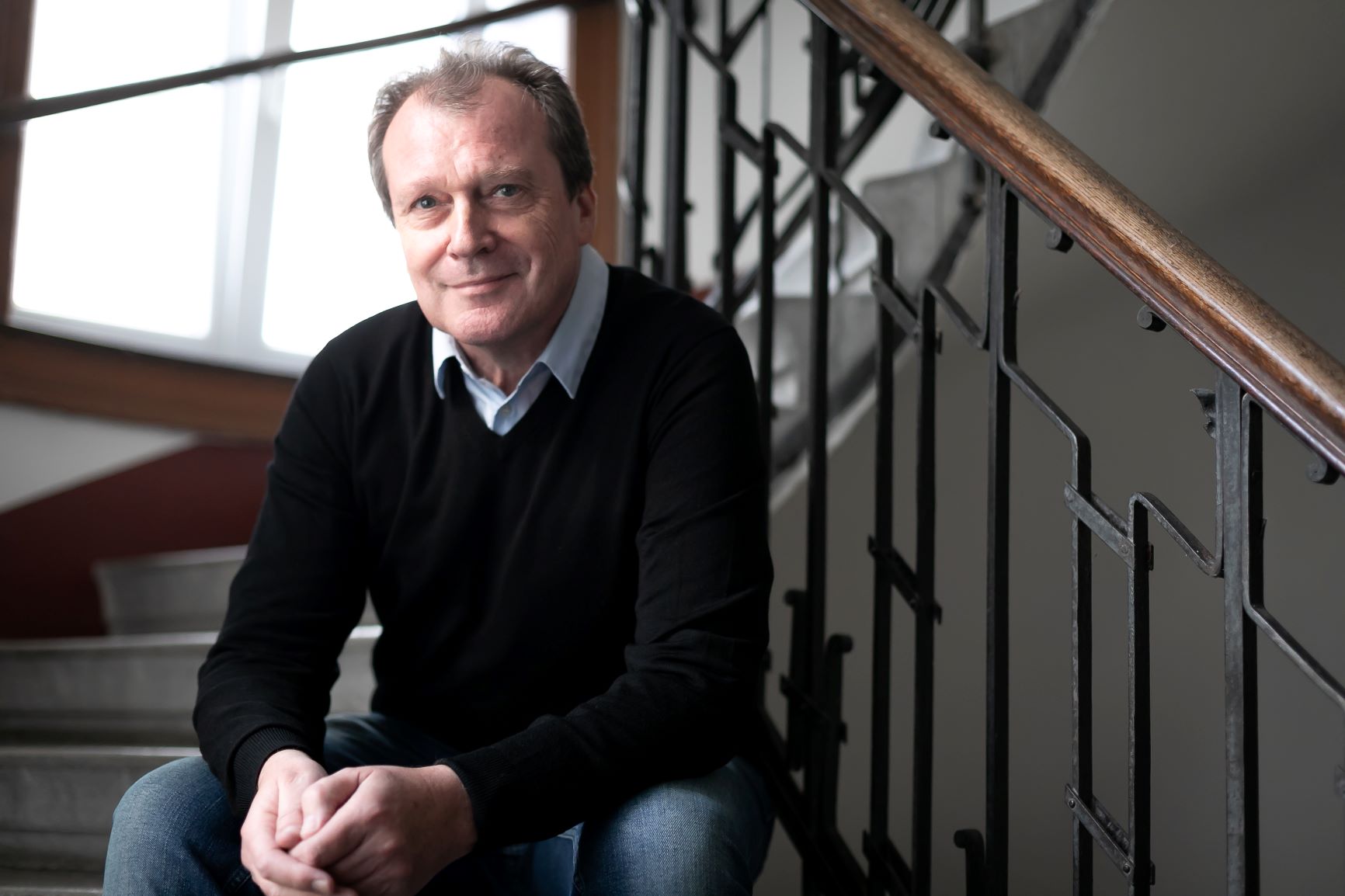
Andreas Reiter
Futurologist
“The traditional holiday experience is still suspended, which is why a general rethink is taking place in this area, from adrenaline rush to soft sports. Everyday life still holds enough uncertainty and mental stimulation. In our leisure time, we therefore want simply to sit back and relax. Those branches of tourism that are able to use what nature offers can benefit in particular at the moment. This means that tourist regions with mountains and lakes are already ideally suited to current customer requirements. In a survey by Karmasin Research & Identity, nature even ranked in second place (directly after freedom) as one of the things that will be most important to people after the coronavirus crisis.”
3. coexistence
In the third quarter, domestic tourism within Europe will continue to grow. Planning security will gradually increase and people will finally want to make up for what they have been missing. There will be greater demand for travel corridors between individual, “safe” countries. Business trips will gradually increase again and occasional, smaller MICE (meetings, incentives, conventions, exhibitions) events will also resume.
Furthermore, upgrading trends will emerge, from which the premium sector will benefit in particular. “Brands and the values associated with them will be more important than ever, as a strong brand conveys a sense of security and familiarity. This will attract visitors especially during this phase of coexistence,” Reiter says.
4. recovery phase
The fourth quarter of 2021 will bring the long-awaited recovery phase. Alongside the big topics of nature and the outdoors, the focus will now increasingly return to “socio-pleasure”. Social meetings and events will pick up again. Whereas destinations will have been limited primarily to local and domestic holidays, there will once again be greater consideration of European destinations. The vaccination status will now be around 60%.
German travel plans in 2021
- Almost every other German (45%) already has firm travel plans for 2021.
- 33% remain undecided.
- 24% of Germans are planning a holiday of at least five days.
- 6% want to go away three times or more.
- 66% want to travel “shorter distances” rather than taking long journeys.
- 77% are expecting higher prices.
Coronavirus as a magnifying glass
The trends now emerging in tourism are nothing new, as Andreas Reiter is aware. Dynamic pricing, the optimisation of visitor flows and digitalisation were key phrases in Alpine tourism even before all this, but everything is now moving faster.
For the expert, it is especially important not to miss the start here. “I am expecting some hotels to disappear and we need integrated location development all the more. The dependencies can now be seen very clearly.
The baker is as dependent as the hotel on the success of the mountain railway. Cooperation the evolves in this way gives visitors a feeling of honesty and so attracts them to come on holiday. The authenticity gained from this can be used for differentiation from other locations and create a personal USP,” Reiter says.
